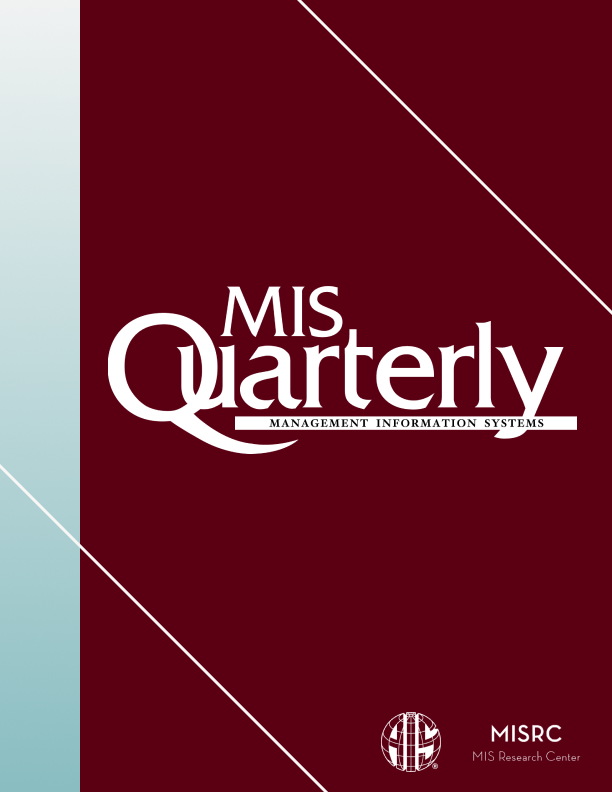网络平台上代理商的声誉溢出效应:来自娱乐业的证据
IF 7
2区 管理学
Q1 COMPUTER SCIENCE, INFORMATION SYSTEMS
引用次数: 0
摘要
近年来,数字市场迅速发展,通过促进消费者和创作者之间的直接互动,克服了许多市场效率低下的问题。由于这种去中介化,消费者现在可以获得大量的选择,而创作者可以有效地进入巨大的市场。然而,数字市场的成功也给创作者带来了随之而来的挑战:差异化。在拥挤的市场中,代理商(如图书出版公司,在线劳动力市场的自由职业者,音乐领域的独立厂牌)可以通过产品质量来区分创作者。但广告公司的声誉如何影响创作者的产品成功呢?一些机构是否弊大于利?为了探究这些研究问题,我们对创作者和代理机构声誉的变化如何导致不对称和异质性效应进行了理论分析,即:(1)声誉较好的代理机构对声誉较差的创作者的积极影响强于对声誉较好的创作者的积极影响;(2)声誉较差的代理机构对声誉较差的创作者的伤害大于对声誉较差的创作者的伤害。对来自两个数字市场的100多万次观察的分析为这些理论驱动的论点提供了实证支持。这些发现对市场有设计意义,并有助于我们理解代理商是如何根据创作者的声誉来促进或损害产品成功的。本文章由计算机程序翻译,如有差异,请以英文原文为准。
Reputation Spillover from Agencies on Online Platforms: Evidence from the Entertainment Industry
Digital markets have proliferated in recent years, overcoming many market inefficiencies by facilitating direct interactions between consumers and creators. Thanks to this disintermediation, consumers now have access to a vast number of alternatives, while creators can efficiently reach huge markets. However, the success of digital markets has created a concomitant challenge for creators: differentiation. In crowded markets, agencies (e.g., publishing companies in books, freelance agencies in online labor markets, independent labels in music) can differentiate creators by signaling product quality. But how do agencies’ reputations affect product success for creators? Can some agencies do more harm than good? To investigate these research questions, we theorize how variation in creator and agency reputation leads to asymmetric and heterogeneous effects, namely that (1) more reputable agencies have a stronger positive effect on less reputable creators than they have on more reputable creators, and (2) less reputable agencies hurt more reputable creators more than they hurt less reputable ones. Analyses of more than one million observations from two digital markets provide empirical support for these theory-driven arguments. The findings have design implications for markets and contribute to our understanding of how agencies, depending on creator reputation, can either benefit or hurt product success.
求助全文
通过发布文献求助,成功后即可免费获取论文全文。
去求助
来源期刊

Mis Quarterly
工程技术-计算机:信息系统
CiteScore
13.30
自引率
4.10%
发文量
36
审稿时长
6-12 weeks
期刊介绍:
Journal Name: MIS Quarterly
Editorial Objective:
The editorial objective of MIS Quarterly is focused on:
Enhancing and communicating knowledge related to:
Development of IT-based services
Management of IT resources
Use, impact, and economics of IT with managerial, organizational, and societal implications
Addressing professional issues affecting the Information Systems (IS) field as a whole
Key Focus Areas:
Development of IT-based services
Management of IT resources
Use, impact, and economics of IT with managerial, organizational, and societal implications
Professional issues affecting the IS field as a whole
 求助内容:
求助内容: 应助结果提醒方式:
应助结果提醒方式:


